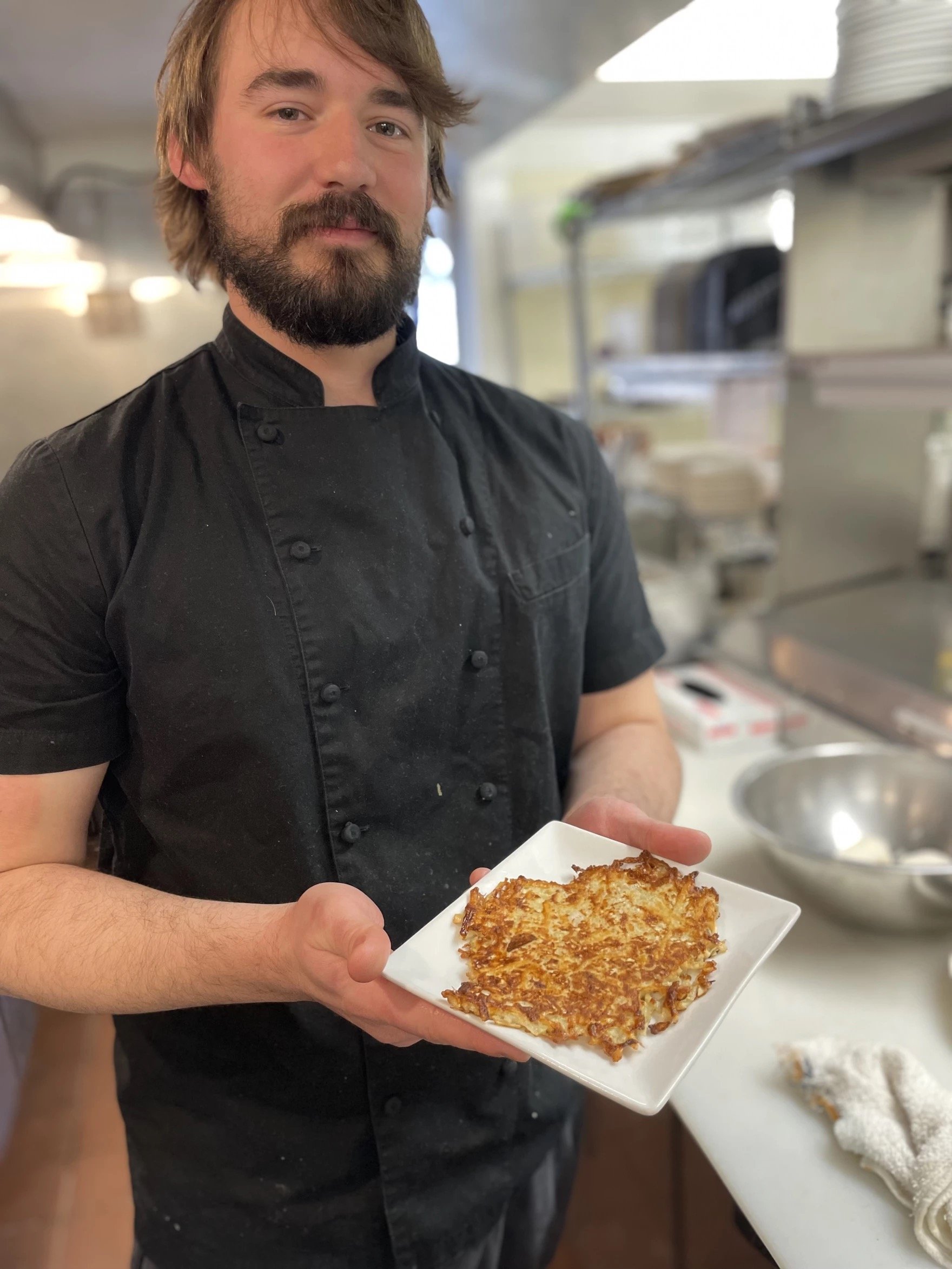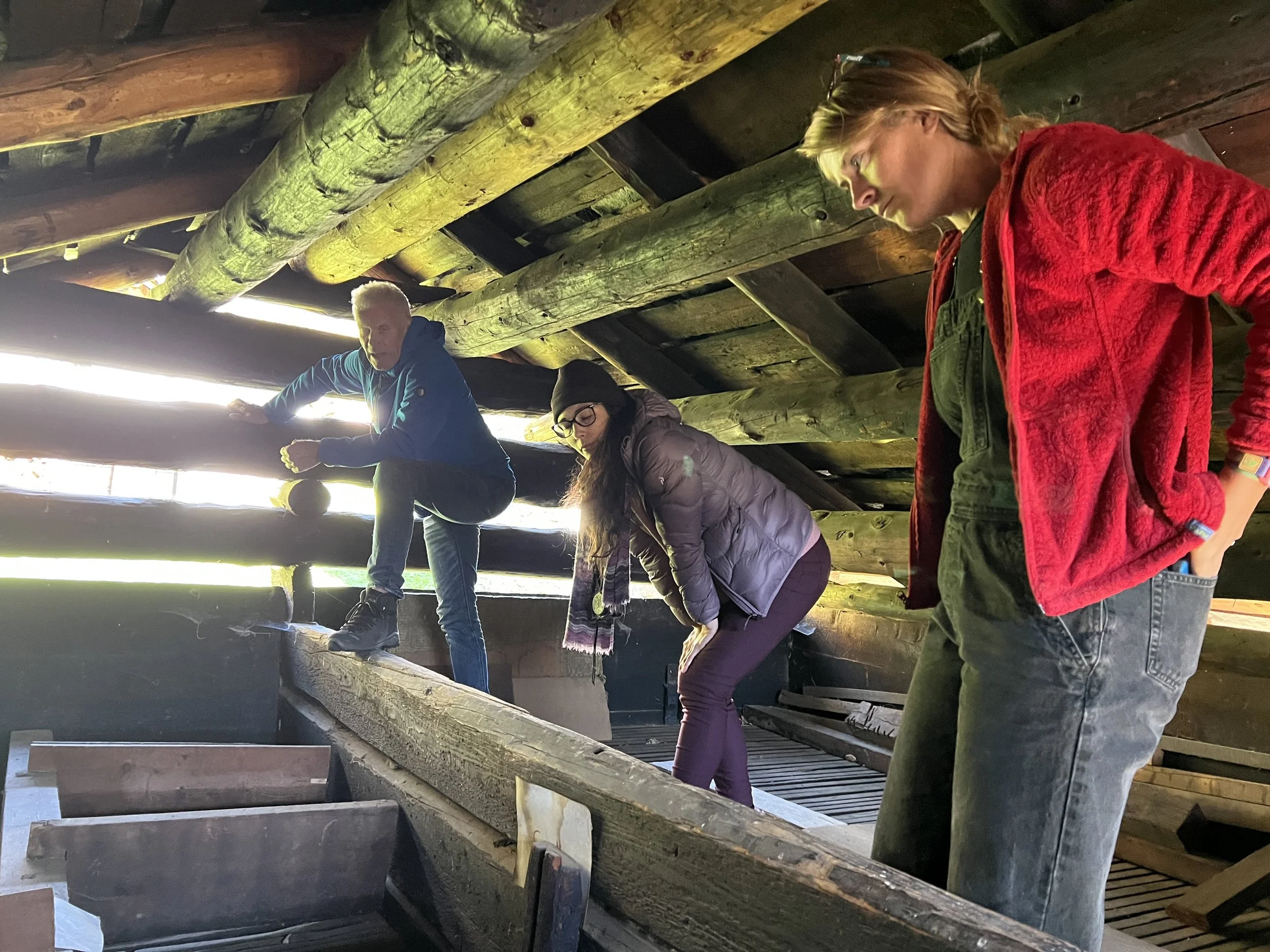Book Coming July 2025
The day Elspeth Hay learned we can eat acorns, stories she’d believed her whole life began to unravel. We’re thinking about agriculture all wrong, she realized. Feed Us with Trees is her hopeful manifesto about a new and ancient food system centered on our keystone perennial nut trees: oaks, chestnuts, and hazelnuts.






















